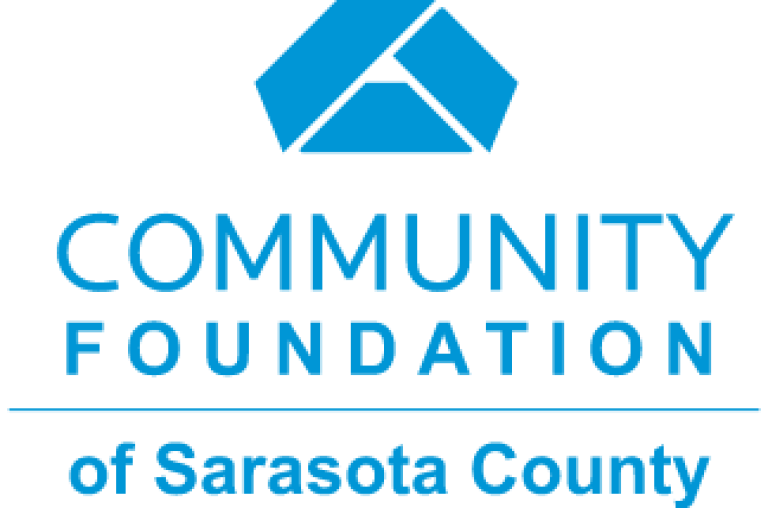February 23, 2024
Top 3 Takeaways from the 58th Annual Heckerling Institute on Estate Planning
Categories: Professional Advisors, Events for Professional Advisors, Legal,
1. Reporting Requirements
First, the reporting requirements for individuals and entities under the Corporate Transparency Act (CTA) was the topic of the conference. Commencing January 1, 2024, all entities doing business in the United States will be required to comply with CTA and the Beneficial Ownership Information Reporting Rule which requires entities (unless exempt) to file beneficial ownership information regarding two categories of individuals, 1.) beneficial owners and 2.) company applicants, with the U.S. Department of Treasury’s Financial Crimes Enforcement Network (“FinCEN”). A beneficial owner of a reporting company is any individual who directly or indirectly exercises substantial control over a reporting company. An individual can be a beneficial owner through substantial control, ownership interests, or both. Further, those companies that were created on or after January 1, 2024, or first registered to do business in the United States on or after January 1, 2024, are required to report their company applicants.
2. Staying Safe
Second, I enjoyed the session on Navigating the Brave New World of Cybersecurity, Privacy, and Ethics. This was an interactive program where both the presenters and the audience shared their practices regarding privacy and cybersecurity. The program also discussed applying the traditional ethical duties to a virtual estate planning practice and discussed practical suggestions for addressing conflicts of interests, structuring engagement letters, and safeguarding clients’ communications across all mediums. I hope to have one of the presenters of this program speak at one of our Distinguished Speakers Series in the future.
3. Leaving a Legacy
Third, the program that related most to my practice as General Counsel for the Community Foundation of Sarasota County was the session on 50 ways to Leave Your Legacy – Social Welfare Activity, Program-Related Investments, and Other Alternatives to Grantmaking. During my tenure at the Community Foundation of Sarasota County, we have drafted and/or reviewed many Program-Related Investment (PRI) transaction documents where both the Community Foundation of Sarasota County and Manatee Community Foundation have offered PRI loans and investments to local nonprofit organizations. I also learned about the tax-exempt organization classified under I.R.C. 501(c)(4) which promote social welfare (“Social Welfare Organization”) which can do everything that a 501(c)(3) tax-exempt organization can do, plus lobbying and advocacy work provided it furthers the nonprofit’s mission, and not have the disclosure requirements of a private foundation. However, distributions made to a 501(c)(4) are generally not tax deductible.
